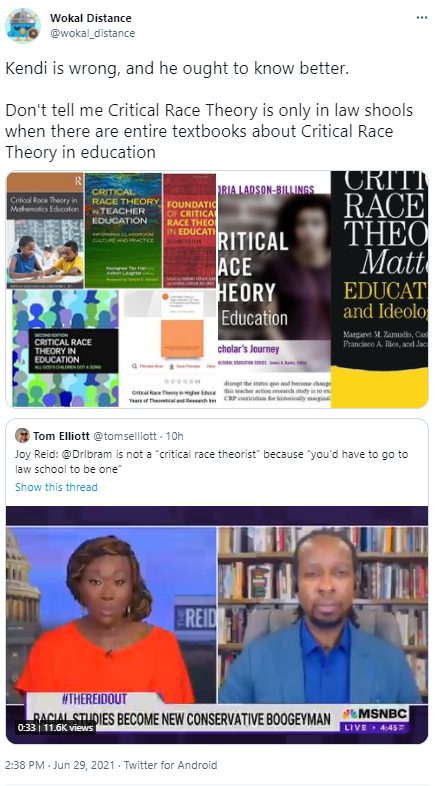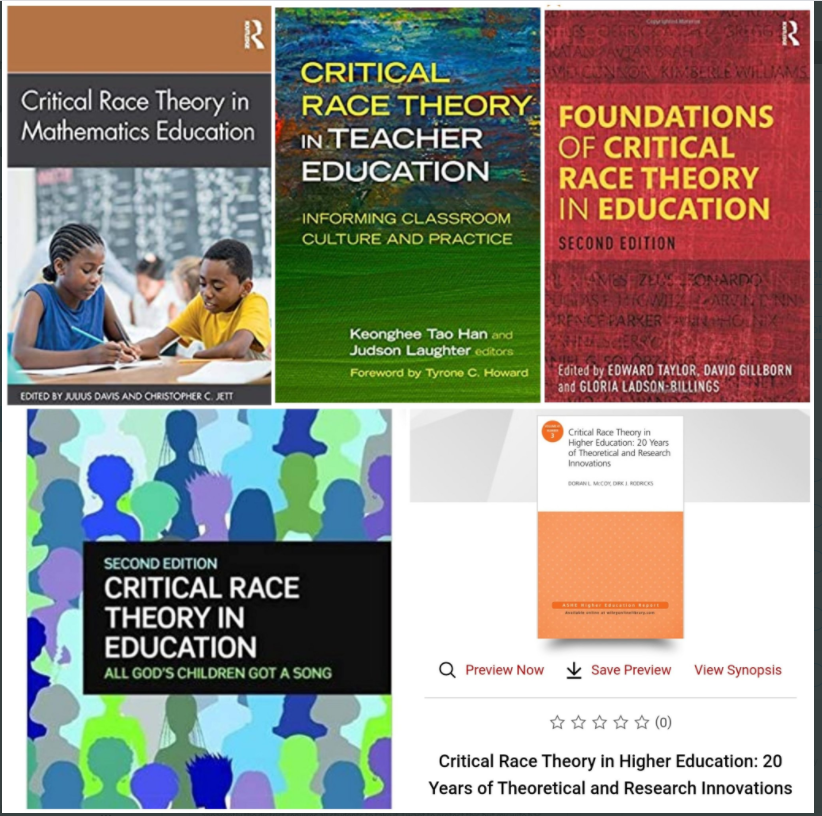Matt Taibbi: Robin DiAngelo Has Published a New (Old) Book
Matt Taibbi somehow convinced himself to read race-grifter Robin DiAngelo's new book, Nice racism. I can't muster the necessary masochism to join him in this effort, especially after I forced myself to trudge through DiAngelo's first book, White Fragility. According to Taibbi, DiAngelo's sequel is a regurgitation of her first book and nothing more. The title of Taibbi's review is "Our Endless Dinner With Robin DiAngelo Suburban America's self-proclaimed racial oracle returns with a monumentally oblivious sequel to "White Fragility." Here's an excerpt of Taibbi's review:
Nice Racism’s central message is that it’s a necessity to stop white people from seeing themselves as distinct people. “Insisting that each white person is different from every other white person,” DiAngelo writes, “enables us to distance ourselves from the actions of other white people.” She doesn’t see, or maybe she does, where this logic leads. If you tell people to abandon their individual identities and think of themselves as a group, they sooner or later will start to behave as a group. Short of something like selling anthrax spores or encouraging people to explore sexual feelings toward nine year-olds, is there a worse idea than suggesting — demanding — that people get in touch with their white identity?If DiAngelo’s insistence that “I don’t feel guilty about racism,” reveling in scenes of making people experience and re-experience racial discomfort, and weird puffery in introducing herself by saying things like, “I am Robin and I am white” feel familiar, it’s because she’s hitting all the themes favored by Klansmen and identitarian loons of yore. Read a book like David Duke’s My Awakening (if you can stand it, you can find excerpts here) and you’ll encounter the same types of passages present in Nice Racism.



